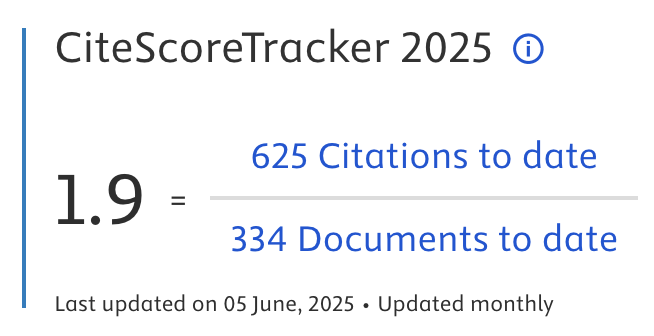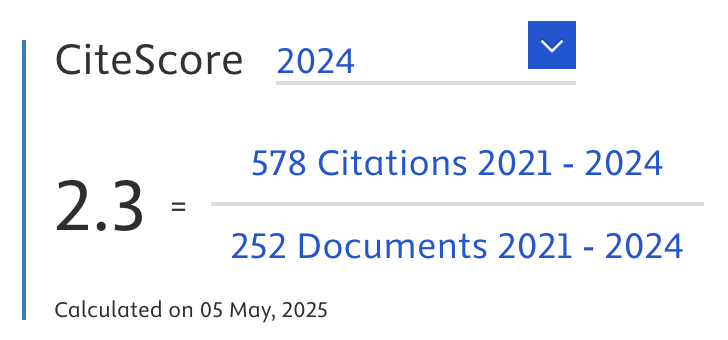Hybrid Multi-Objective Metaheuristic Machine Learning for Optimizing Pandemic Growth Prediction
Abstract
Pandemic and epidemic events underscore the challenges of balancing health protection, economic resilience, and mobility sustainability. Addressing these multidimensional trade-offs requires adaptive and data-driven decision-support tools. This study proposes a hybrid framework that integrates machine learning with multi-objective optimization to support evidence-based policymaking in outbreak scenarios. Six key indicators—confirmed cases, disease-related mortality, recovery count, exchange rate, stock index, and workplace mobility—were predicted using eight regression models. Among these, the XGBoost Regressor consistently achieved the highest predictive accuracy, outperforming other approaches in capturing complex temporal and socioeconomic dynamics. To enhance interpretability, we developed SHAPPI, a novel method that combines Shapley Additive Explanations (SHAP) with Permutation Importance (PI). SHAPPI generates stable and meaningful feature rankings, with immunization coverage and transit station activity identified as the most influential factors in all domains. These importance scores were subsequently embedded into the Non-dominated Sorting Genetic Algorithm II (NSGA-II) to construct Pareto-optimal solutions. The optimization results demonstrate transparent trade-offs among health outcomes, economic fluctuations, and mobility changes, allowing policymakers to systematically evaluate competing priorities and design balanced intervention strategies. The findings confirm that the proposed framework successfully balances predictive performance, interpretability, and optimization, while providing a practical decision-support tool for epidemic management. Its generalizable design allows adaptation to diverse geographic and epidemiological contexts. In general, this research highlights the potential of hybrid machine learning and metaheuristic approaches to improve preparedness and policymaking in future health and socioeconomic crises.
Article Metrics
Abstract: 6 Viewers PDF: 3 ViewersKeywords
Pandemic; Hybrid Machine Learning; Multi-Objective Optimization; Metaheuristic; SHAPPI
Full Text:
PDF
DOI:
https://doi.org/10.47738/jads.v6i4.981
Citation Analysis:
Refbacks
- There are currently no refbacks.

Journal of Applied Data Sciences
| ISSN | : | 2723-6471 (Online) |
| Collaborated with | : | Computer Science and Systems Information Technology, King Abdulaziz University, Kingdom of Saudi Arabia. |
| Publisher | : | Bright Publisher |
| Website | : | http://bright-journal.org/JADS |
| : | taqwa@amikompurwokerto.ac.id (principal contact) | |
| support@bright-journal.org (technical issues) |
 This work is licensed under a Creative Commons Attribution-ShareAlike 4.0
This work is licensed under a Creative Commons Attribution-ShareAlike 4.0





.png)